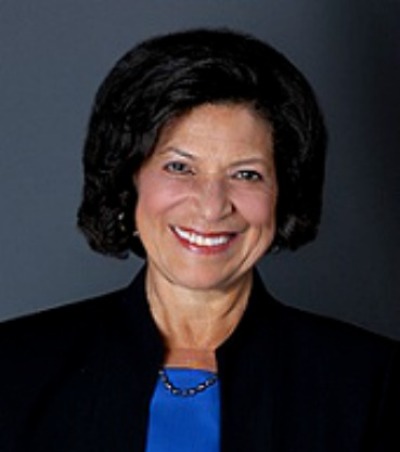Physicians Should Value Their Patients and Insurance Companies and Government Should Value Physicians

Physicians have a proud heritage. We can boast Dr. Benjamin Rush, a founding father, signer of the Declaration of Independence, Surgeon General of the Continental Army, and opponent of slavery. And Dr. James Derham, born a slave in 1762, who grew a successful practice that included freeman and slaves.
We have modern-day sources of pride in Dr. Sheik Humarr Khan, a world expert in the care of viral hemorrhagic fevers, Dr. Abrahim Borbor, and Dr. Sahr Rogers. All three died while fighting to save the lives of patients with Ebola Virus Disease.
Groups of physicians provide charity care at clinics across the country such as Volunteers in Medicine (VIM), "a national solution to America's uninsured, guiding the development of a free clinic network one community at a time." The San Francisco's Clinic by the Bay, staffed by 125 volunteers, is fully privately financed and accepts no insurance or government funding.
Charity clinics across the country like Zarephath Health Center in New Jersey mirror the VIM concept of neighbors caring for neighbors. And many private practice physicians are dedicated to giving health care to everyone that shows up at their doors without government support.
The vast majority of physicians love "doctoring" but resent being progressively devalued by the "system." They entered medicine to help people, not to be scapegoated. To bolster her socialistic health care reform, Hillary Clinton tried to paint doctors as greedy pigs. The newly released 1993 White House memos confirmed she was advised to "address as much as possible" physicians' "misconceptions about managed care" and their "'right' to be overcompensated."
True, most full-time physicians are compensated for their 60-plus hour work-weeks, including weekends, nights, and holidays. But a study using 2012 salary data from the Organization for Economic Co-Operation and Development (OECD) revealed that the total U.S. physicians' salaries accounted for only 8.6 percent of the nation's total healthcare costs. Only Sweden, at 8.5 percent, directed less money to physicians, with Germany the highest at 15 percent. Clearly, there are larger systemic factors making U.S. health care the costliest of western industrialized nations.
California is hatching a new way to erode trust between patients and their doctors. A ballot initiative with the deceptive and sensationalistic title, "Drug And Alcohol Testing Of Doctors. Medical Negligence Lawsuits" looms. The implication is that drug-fueled doctors are committing malpractice. Behind the curtain are the plaintiffs' attorneys seeking to raise the current cap on "pain and suffering" damages in medical malpractice cases. (All other types of damages are currently unlimited.)
The proponents insist physician drug testing is a patient safety issue. Then the initiative should mandate testing of nurses who have direct access to drugs and other primary care providers (PCPs), such as physician assistants, nurse practitioners, or California's newest PCP, pharmacists. Let's not forget optometrists, whom the state legislature is considering labeling as PCPs. Curiously, physicians are the initiative's lone target.
The Centers for Medicare and Medicaid Services (CMS) has concocted an unappetizing alphabet soup of e-Rx (electronic prescribing), EHR (electronic health record), PQRS (Physicians Quality Reporting System), VBP (value-based purchasing), and VBM (value-based modifier) directed at EPs (eligible professionals). If they don't eat their vegetables, physicians face penalties of up to 8 percent payment reductions by 2019 for choosing to spend their precious time with patients rather than with megabytes of paperwork with no proven value.
These rules lead medical interns to spend more than 40 percent of their time glued to a computer and only 12 percent of their time examining and talking with patients.
The Mayo Clinic's Patients' Perspectives on Ideal Physician Behaviors revealed that doctors should be thorough, confident, humane, personal, forthright, respectful, and empathetic. None of these attributes emanate from a computer screen full of metrics and centralized standards.
The patient-physician relationship is the most effective part of doctoring. Being the "old-fashioned" doctor does not mean ignoring scientific advances. It means seeing the patient as far more than a condition in an algorithm or a pre-authorization form.
Physicians must reconnect with the reason they became doctors and declare that they are not tools of insurance companies or the government. Patients need to tell their doctors and politicians that they are individuals, and deserve to be treated that way.
Please feel free to email me if you hear a flight attendant announce, "We have an emergency; is there a provider on board?"



























